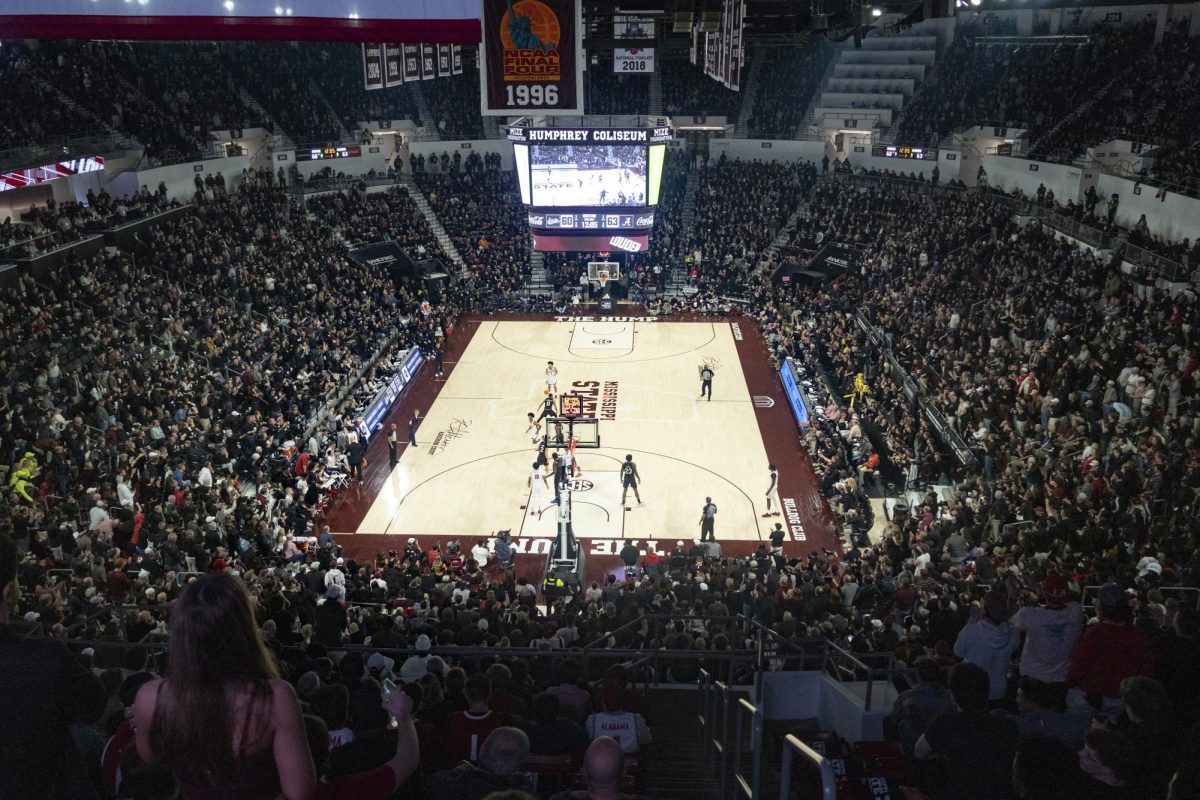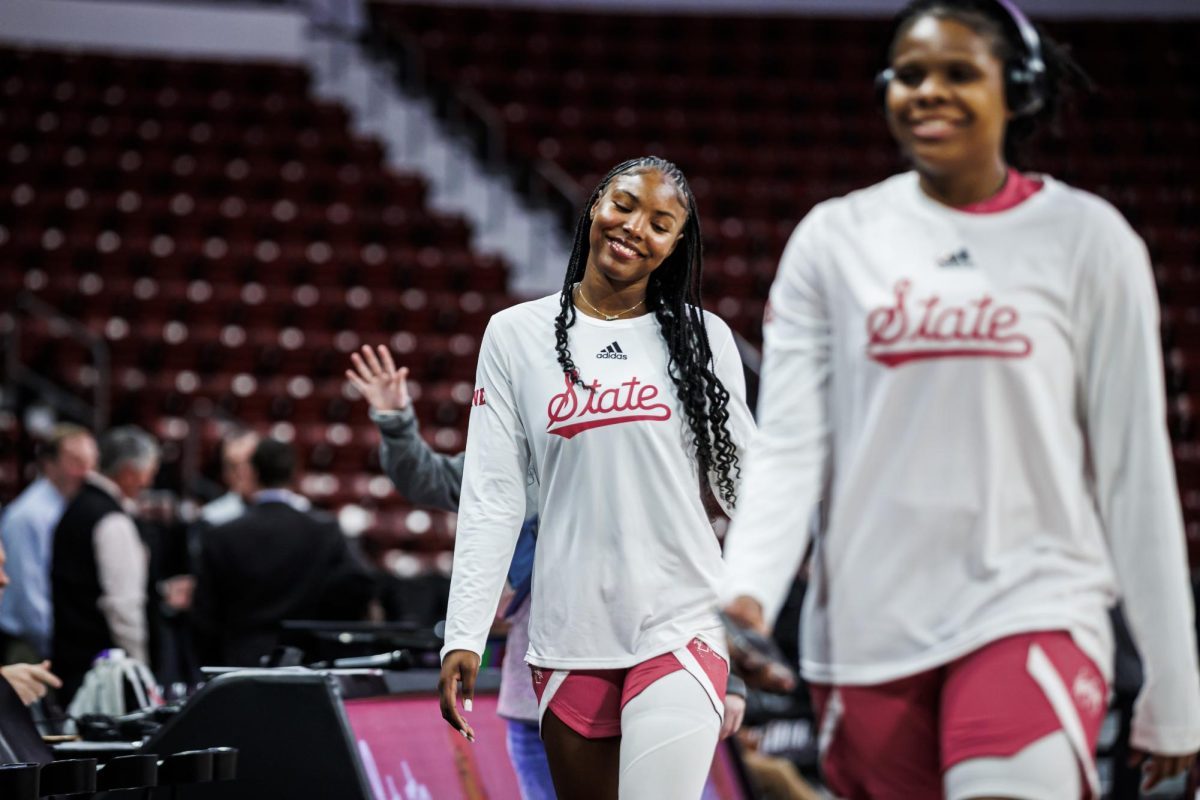As Mississippi State University’s women’s basketball team gears up for the upcoming season under head coach Sam Purcell, there is certainly optimism, but it is tempered by a fair share of uncertainty. Following a strong 23-12 finish last year, including a respectable 8-8 SEC record, Purcell’s Bulldogs are now facing significant transitions, making this season pivotal in determining whether the program can maintain its upward trajectory.
While Purcell has enjoyed historic success in his first two seasons—recording the most victories (45), SEC wins (17), and NCAA Tournament wins (2) of any Mississippi State coach in that timeframe—the road ahead is far from easy. With the departure of key players, including Jessika Carter, who was instrumental in last season’s highlight win over No. 9 LSU, the Bulldogs will need to find new leaders and redefine their identity on both ends of the court.
New core brings new opportunities
Mississippi State enters the season with few returning starters, which raises questions about continuity and depth. This year’s roster will need both returners and newcomers to step into critical roles quickly, and success will hinge on how well the team can overcome its lack of veteran presence. Purcell’s challenge will be to build cohesion among these players, ensuring that new faces can mesh with returners in time for SEC play.
Senior Jerkaila Jordan will shoulder much of the load as the most reliable returner. Jordan will need to be a steadying force for the Bulldogs, as she is the only returning Bulldog who started all 35 games last season. Jordan scored at least 10 points each in 27 games last season, proving her reliability as a scorer. However, with an almost entirely new set of teammates, her leadership and playmaking abilities will be relied upon in ways they were not last year.
Junior Debreasha Powe, who knocked down over 65 three-pointers at a 40.0% clip, has the potential to stretch the floor this year. Her three-point shooting provides spacing, but she may also need to expand her role beyond perimeter shooting to compensate for the loss of frontcourt production.
Sophomore Quanirah Montague offers versatility but remains unproven in a starring role. Montague was efficient from the court, shooting 51.4% last season. However, her limited minutes (2.9 points, 2.4 rebounds per game) leave questions about how far she can go against Mississippi State’s SEC competition.
Transfers: experienced, but can they adapt?
Mississippi State’s roster this season will be bolstered by several promising transfers. However, while these players bring experience, transitioning from other programs to the rigors of SEC play is never guaranteed.
Junior guard Denim DeShields arrives from UAB with solid credentials. She has started 61 of 63 games and ranks among the top in assists within her conference. However, her ability to run the offense at the SEC level remains to be tested.
Eniya Russell, a fifth-year senior from Kentucky, adds versatility to the roster, but her career stats (10.1 points, 3.6 rebounds, 1.5 assists last season) suggest she has yet to realize her potential fully. Mississippi State will need her to consistently perform at a high level to help them remain competitive in a stacked SEC.
Terren Ward brings scoring punch after averaging 22 points per game at Georgia Southern, but the Sun Belt Conference is a far cry from the SEC. Ward’s success will depend on whether she can replicate those numbers against tougher defenses and more physical play. Her previous connection with assistant coach Anita Howard, who followed her to Mississippi State, may help her transition, but there’s no guarantee that familiarity will translate into immediate success.
New talent, high expectations
Mississippi State’s 2024 recruiting class is headlined by Tahj Bloom, the highest-rated recruit of the Purcell era. While highly touted, Bloom and her fellow freshmen will be entering a team in transition, and the burden of immediate contributions may be higher than originally anticipated. Rocio Jiménez and Shakirah Edwards also bring potential, but as with any freshman class, it will take time to see whether they can handle the demands of college basketball at this level.
There’s no doubt that Mississippi State has talent on its roster, but whether that talent will come together quickly enough to sustain the program’s recent success is another matter. Purcell has proven himself capable of winning in the SEC, but this season represents his toughest test yet as a head coach. Losing key players like Jessika Carter, who was a dominant force in the paint, leaves a void that Mississippi State’s returners and newcomers must collectively fill.
This season will be a balancing act between building on the momentum of the past two years and addressing the very real question of whether this roster—short on returning starters and long on untested talent—can compete at the level fans and the program expect.








